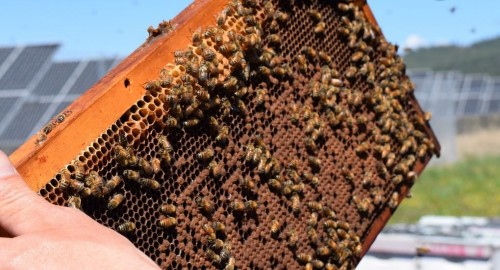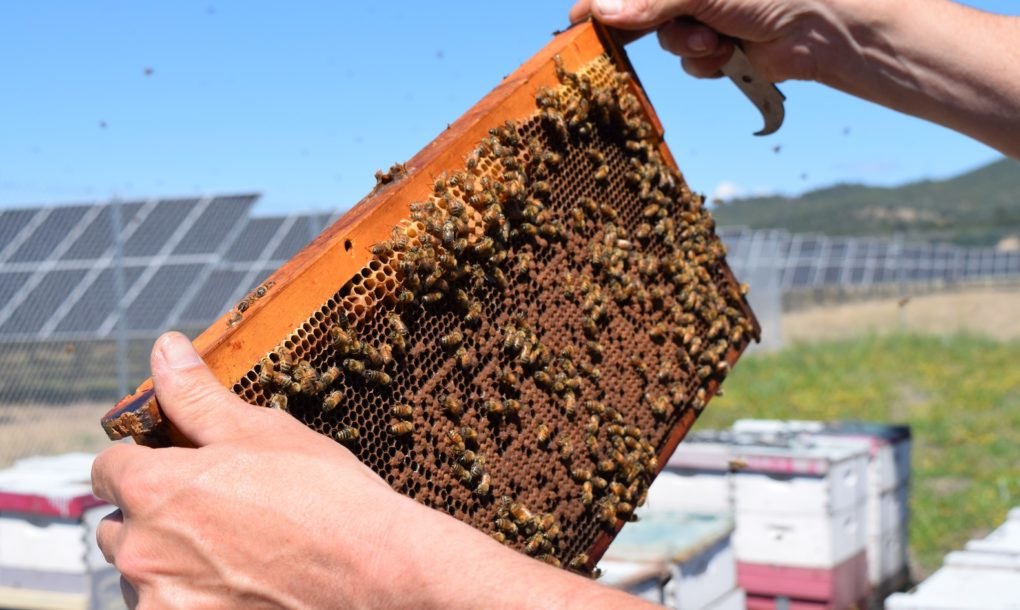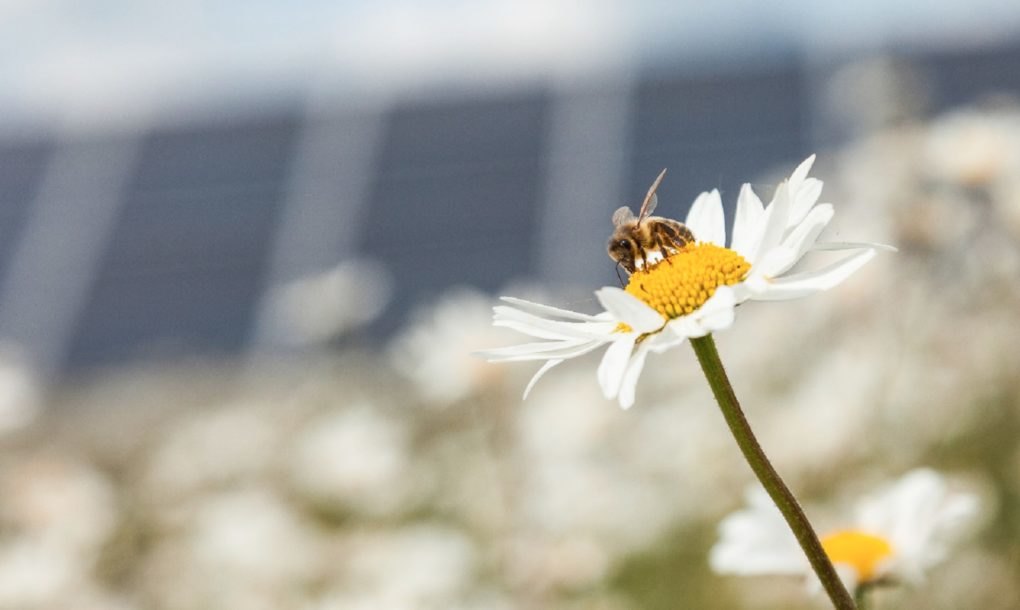RECOMMENDED VIDEOS

Green Solar Energy: Solar Hot Water Heater System
Green Solar Energy Sdn Bhd

The journey from food waste to renewable power
Agrivert Ltd

TS Solartech : Solar Panels Manufacturer in Malaysia
TS Solartech Sdn Bhd

Taiace Engineering : Total Energy Products For Building
Taiace Engineering Sdn Bhd

India's first floating solar plant
Vikram Solar Pvt Ltd
Related Stories
The City of London will be powered with 100% renewable energy by October 2018
New study suggests that plastic waste may be transformed into usable energy
Uravu’s zero-electricity Aqua Panels produce gallons of water from thin air
104% of Portugal’s electricity consumption in March came from renewable energy
Germany Sets New Solar Record By Meeting Nearly Half of Country’s Weekend Power Demand
11 Jul, 2018

The largest solar farm apiary in the US opens this week
Renewable Energy & Energy Efficiency | UNITED STATES | 22 Jun, 2018
Published by : Eco Media Asia
An important feature of permaculture is the concept of stacking functions, or finding multiple uses for the same space or resource. North Carolina-based PineGate Renewables is taking this principle to a new level with the opening of the largest solar farm apiary in the U.S. Starting this week, the Eagle Point solar farm in Jackson County, Oregon will host 48 hives of honey bees underneath and between the solar panels. John Jacob of Old Sol Apiaries helped to determine the site’s suitability and will serve as the caretaker of the bees. “In 2016/17, Oregon beekeepers reported losing nearly one-third of all honey bee colonies statewide,” Jacob said. “The pollinator-friendly solar sites Pine Gate Renewables is developing can play an important role in helping address the population crisis among our managed and native pollinators.”

Studies conducted on solar farm apiaries in the U.K. suggest these kinds of hybrid projects can increase the bee and insect pollinator population in a region, thus benefiting the natural environment and agricultural farms. A new study published in the journal Environmental Science and Technologyfound that there are more than 16,000 acres of pollinator-dependent crops near 204 megawatts of solar energy facilities in Oregon alone.

PineGate Renewables’ SolarCulture sites are planted with low-ground native flowers and grasses, which boost soil health, store storm water and support a healthy ecology. The specific vegetation plan for the Oregon site was designed by Colorado-based ecological services firm Regenerate, and by spring 2019, this site is expected to provide pollinator habitat equivalent to about 24,800 homes with 6’ x 12’ pollinator gardens maintained for 25 years. In the future, the buzz about PineGate Renewables’ pollinator project may inspire others to join forces to serve the public and the environment with solar farm apiaries.
Article from inhabitat.com
by Greg Beach
